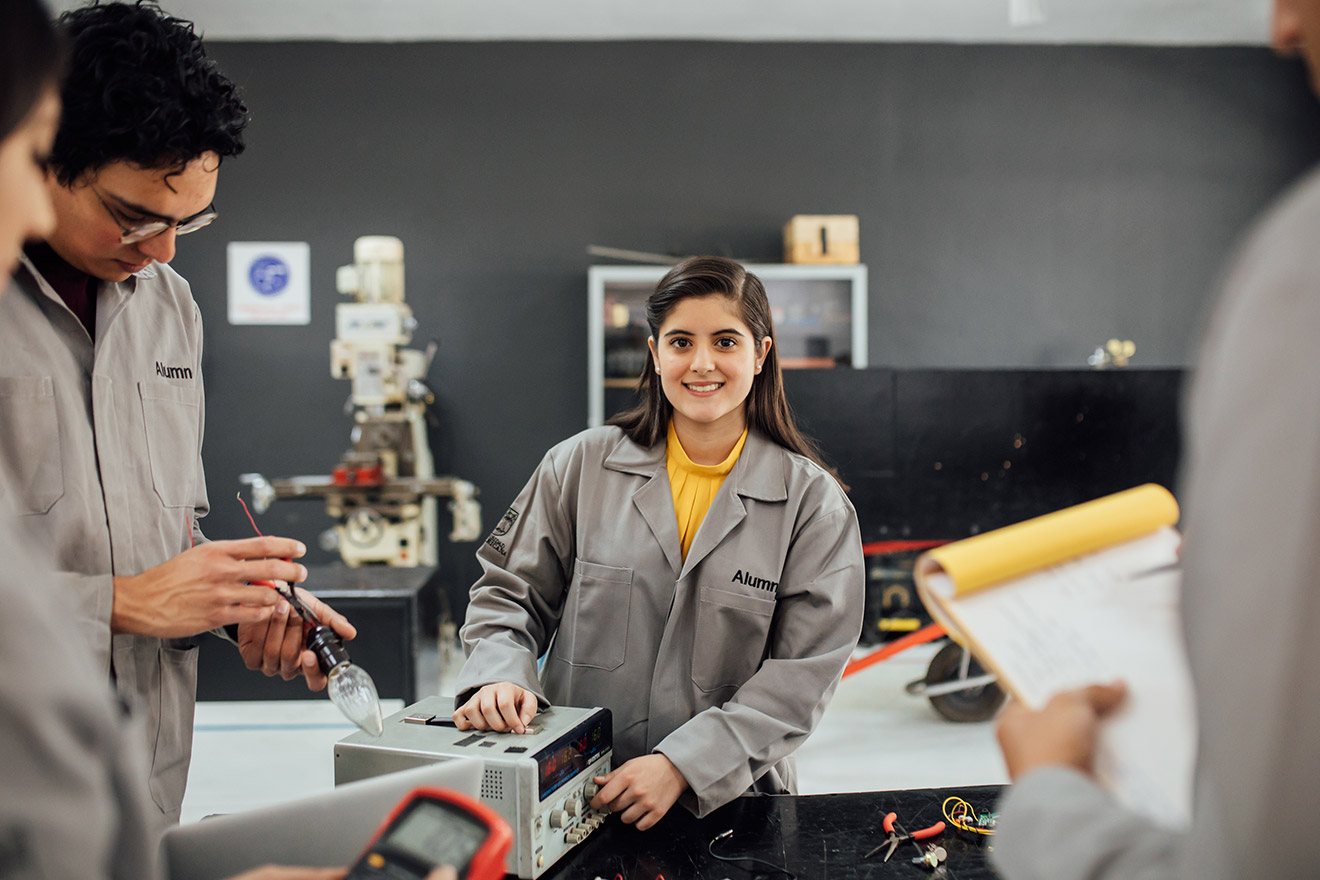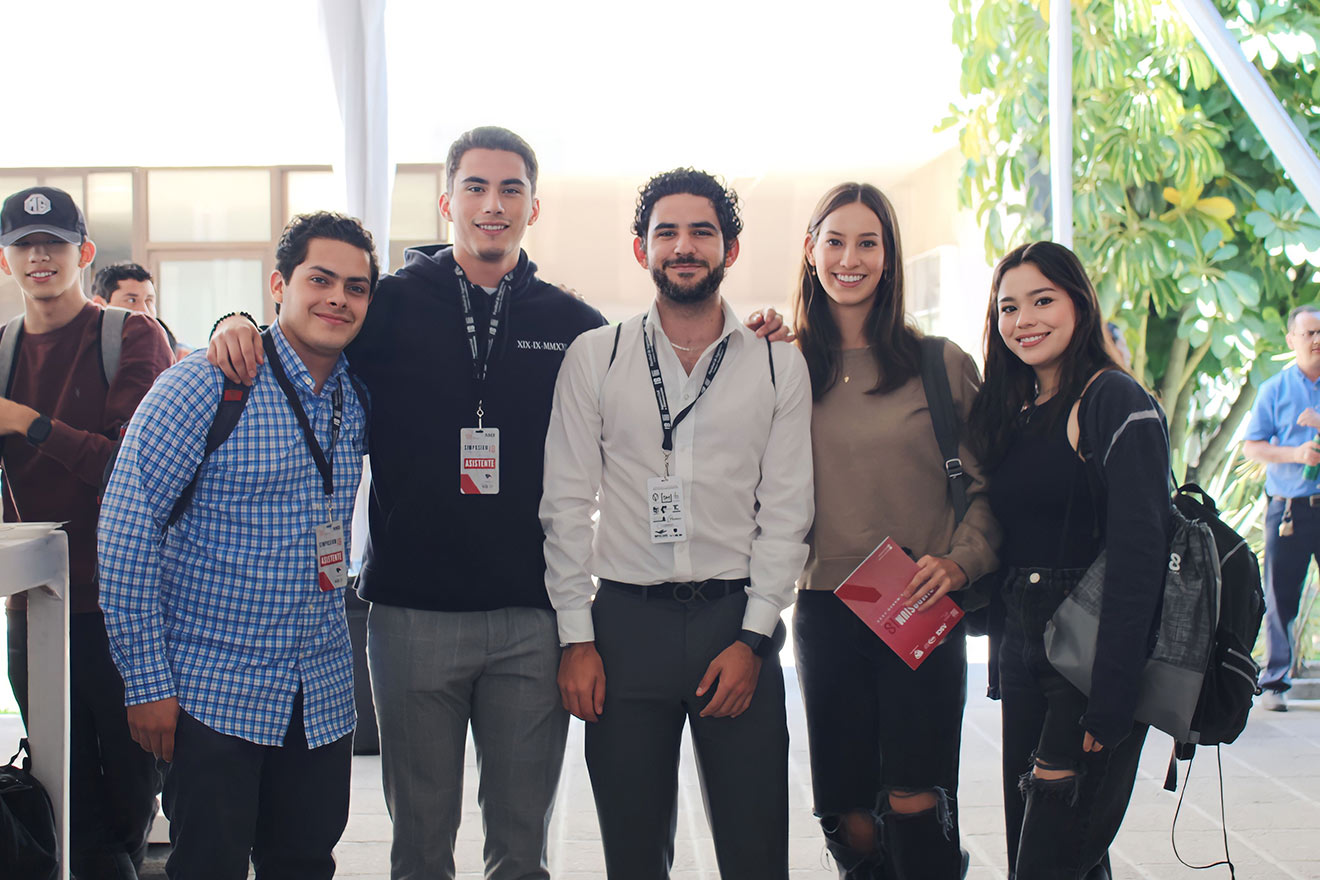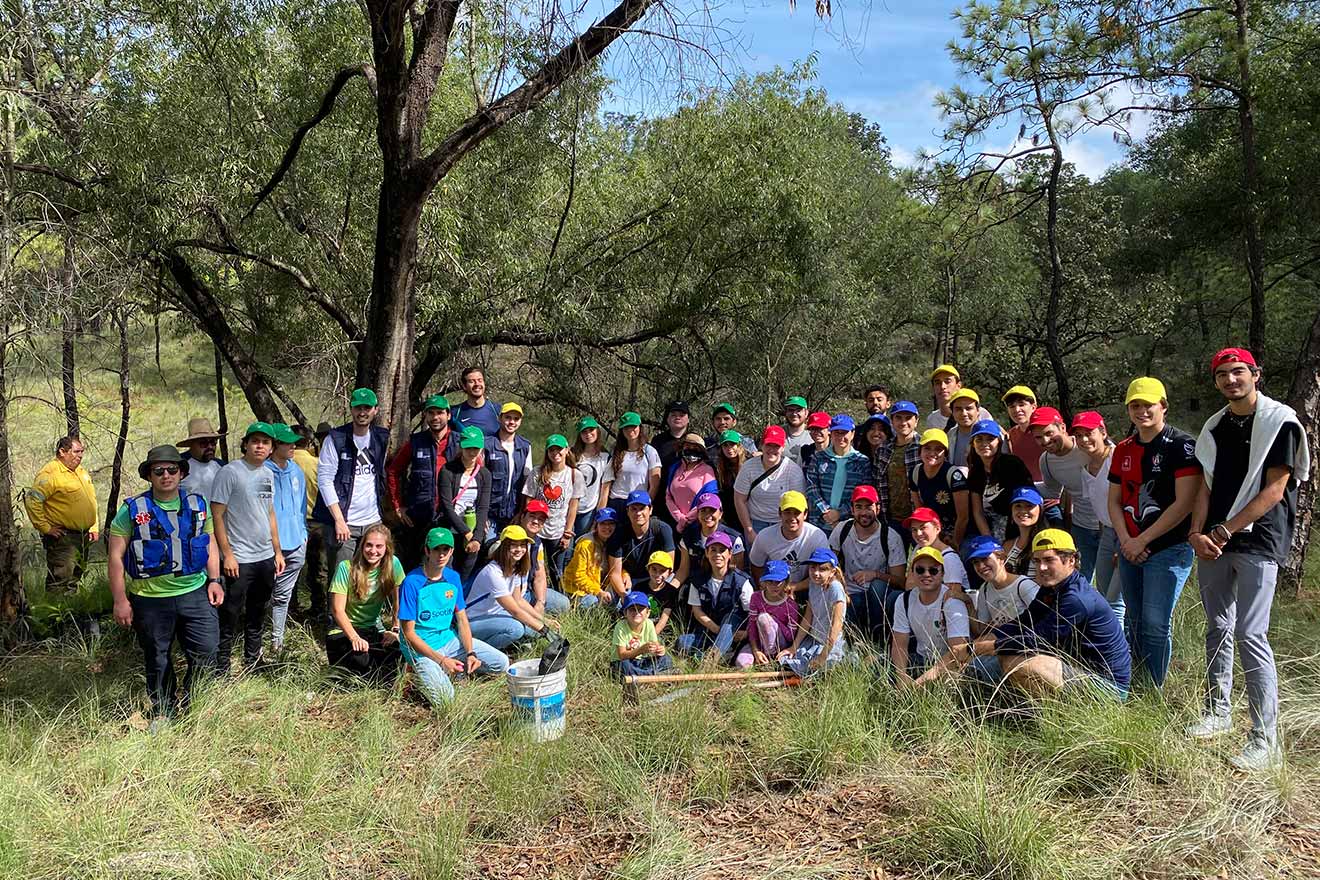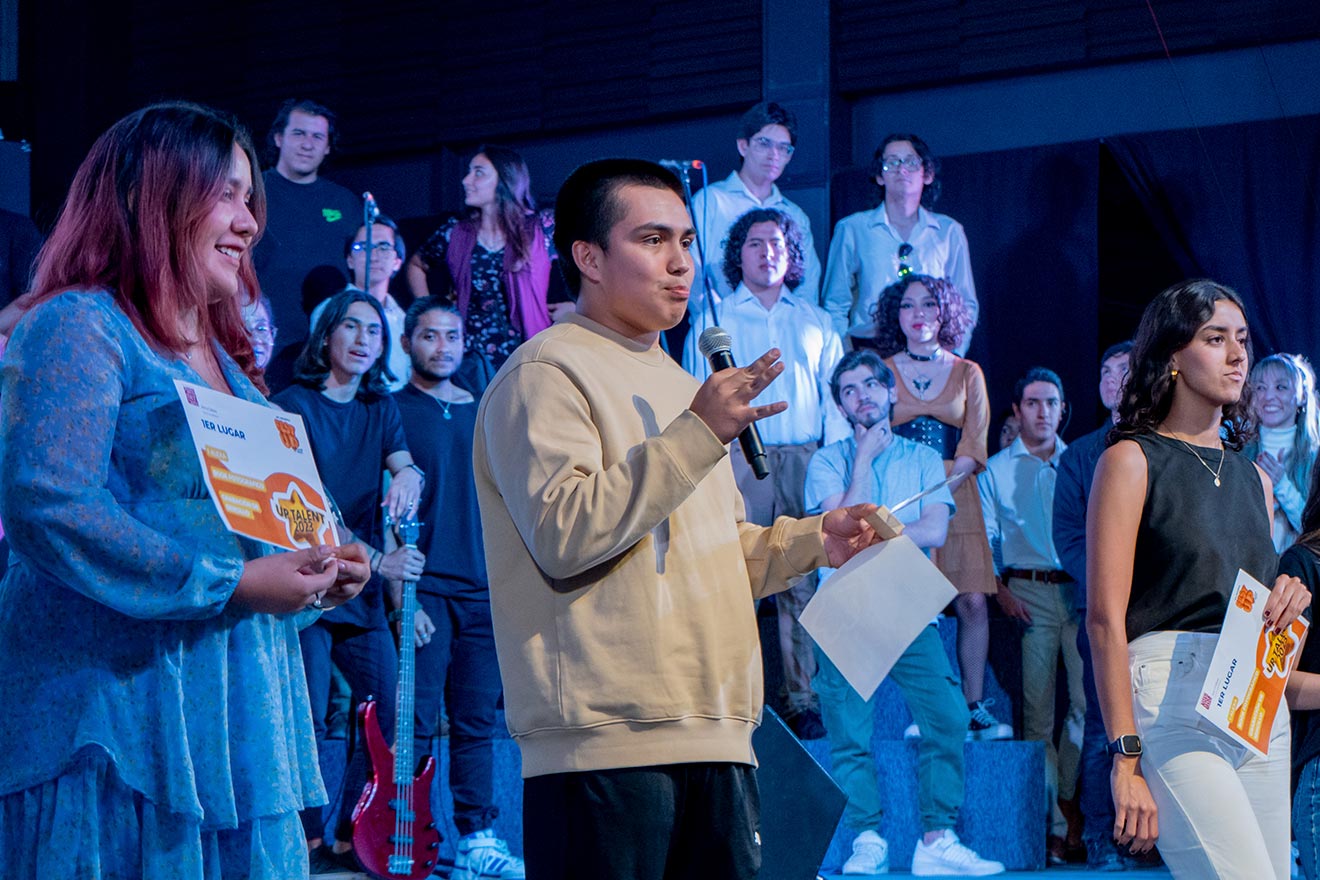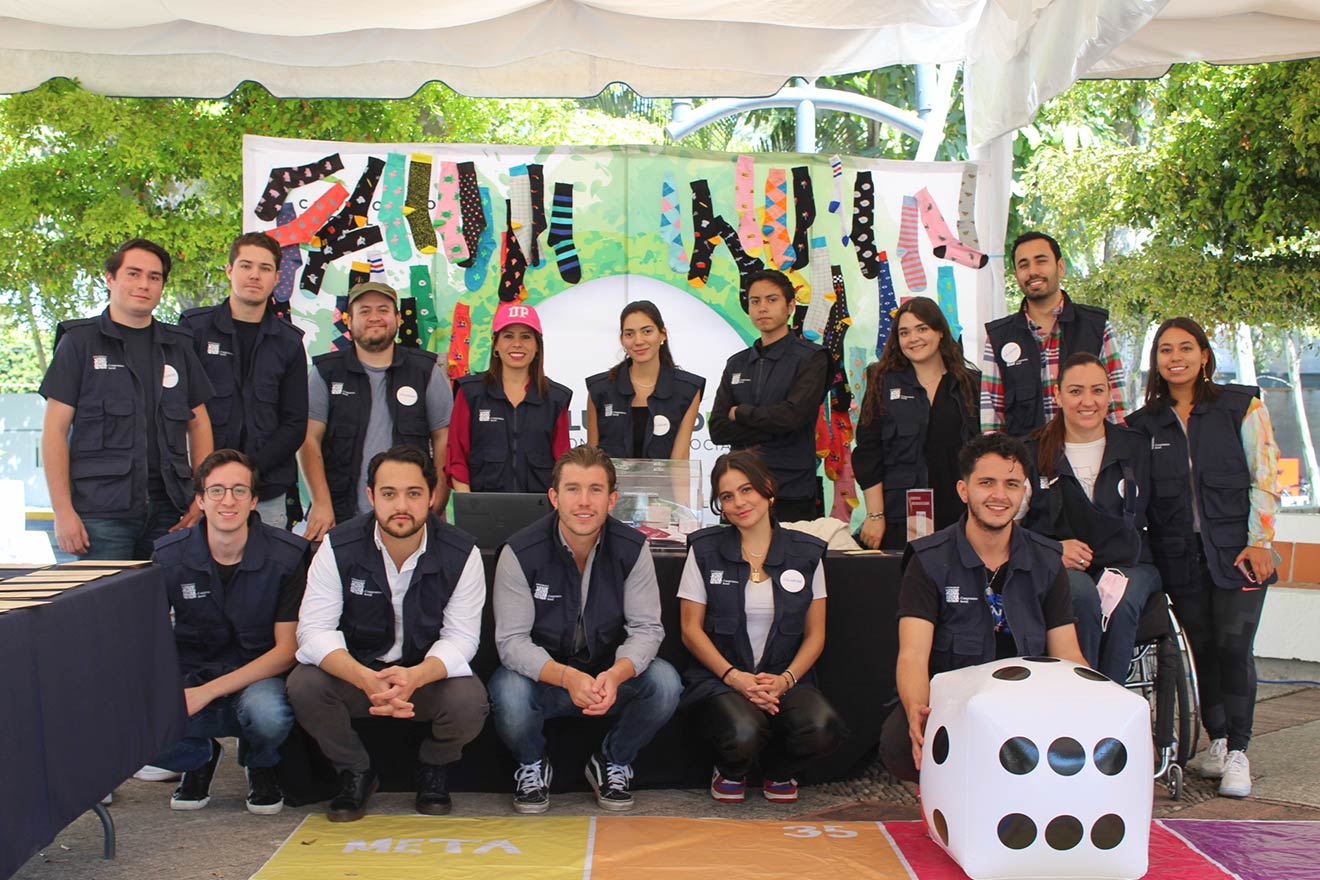Mexico City, August 31, 2022- Is it possible to generate economic inclusion in migrants with refugee status? The research project Sustainable Gardening for Poverty Reduction and Cultural Preservation not only attempts to answer this question, but also seeks to achieve it through sustainable gardening activities.
This project is conducted jointly by Kent State University and Universidad Panamericana. At Kent State University, it is led by researcher Sarah Schmidt, thanks to whom this project is carried out jointly by both parties; while at Panamericana, it is led by Dr. Salvador Rivas Aceves, research professor at the Faculty of Economics and Business Administrationat the Mexico campus, who is directing the research.

Both universities decided to form a multidisciplinary research group, primarily made up of students. "Kent State students come from the School of Business, Engineering, Environmental Sciences, Biology and International Relations. On the UP side, we have students from Engineering, Government and Economics," says Dr. Rivas.
A problem to be solved
The research professor of the School of Economics and Business Administration, explains that in recent years the migratory flow from the south of the American continent has grown significantly. According to UN figures, around 87% of migrants do not return to their countries of origin.
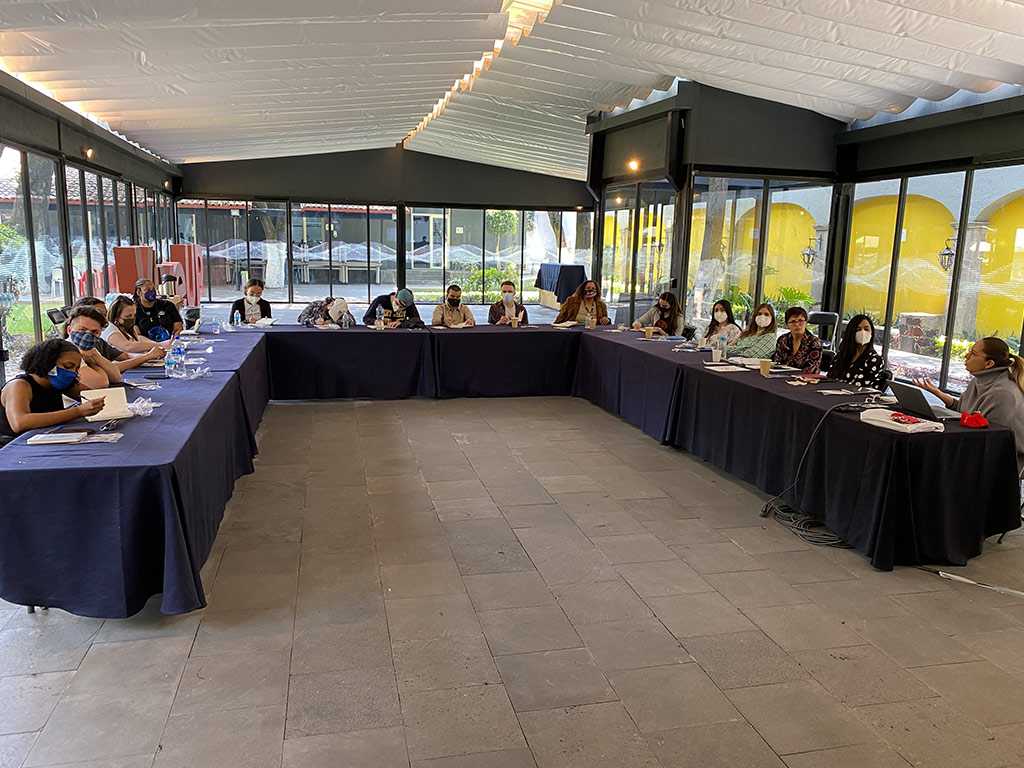
This implies that a large number of migrants remain in the United States and Mexico, which is why both nations have expressed concern about how these people can be integrated into our societies.
"This is the reason why the project arose, to identify new ways of integrating them while preserving their culture and generating economic inclusion," says Dr. Rivas.
He also points out that since sustainable gardening is an economic activity that requires little specialization and no professional education, it is the ideal activity to achieve economic inclusion; in addition to the fact that most migrants have a great deal of experience in it.
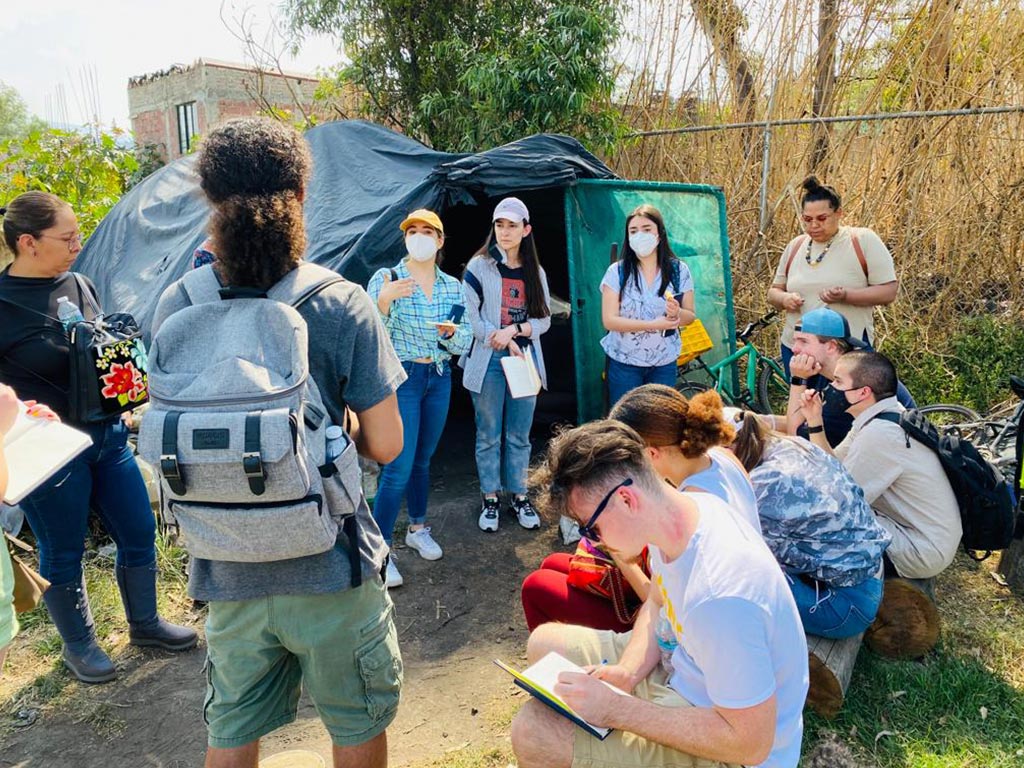
From theory to practice "Sustainable Gardening".
The methodology of the project consisted of in-depth interviews with migrants, farmers and/or migrant farmers from both Mexico City and Ohio, in which information was collected to detect effects related to gardening and economic inclusion.
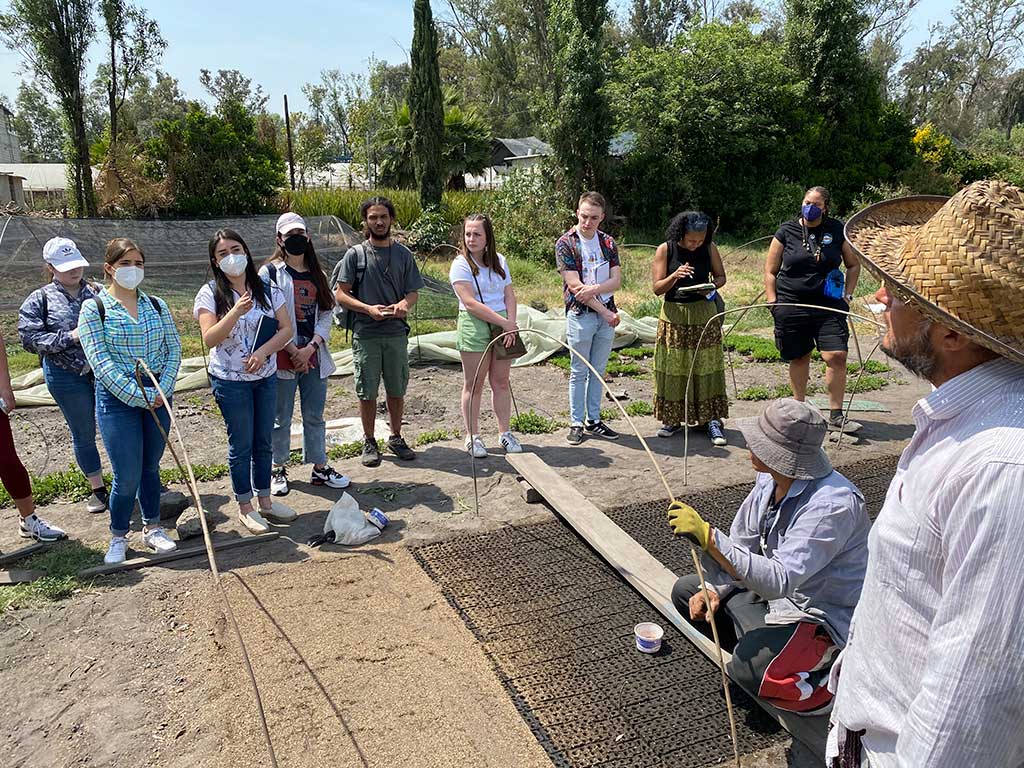
"The students were in charge of conducting the interviews, translating and interpreting the information, and identifying problems and solutions from the data. Both universities were in charge of the logistics, design and implementation of the project in their respective locations," says Salvador.
In Mexico City, during the month of March, the project was applied to the chinamperos of Lake Xochimilco, as well as to refugees from the United Nations in Mexico and living in Mexico City.
While in Ohio, during the month of June, the project was applied in Amish community farms, Shanti farms and non-profit farms related to food production and distribution, "in all of them there are migrants participating," Dr. Rivas points out.
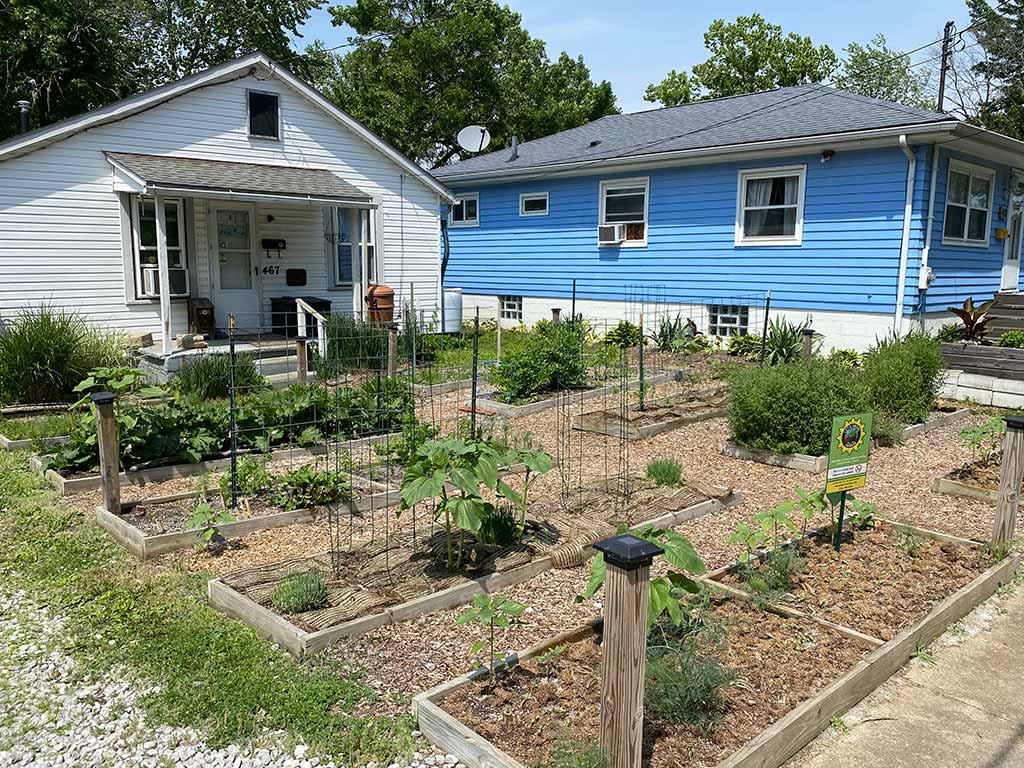
In Salvador's opinion, the relevance of this project lies in "being able to identify the type of activities that generate greater economic inclusion in people with low income levels, particularly migrants with refugee status, is undoubtedly a determining factor for their social integration".
Next steps
Currently Sustainable Gardening for Poverty Reduction and Cultural Preservation is in its policy design phase to link the migrant community with agricultural gardening activities.
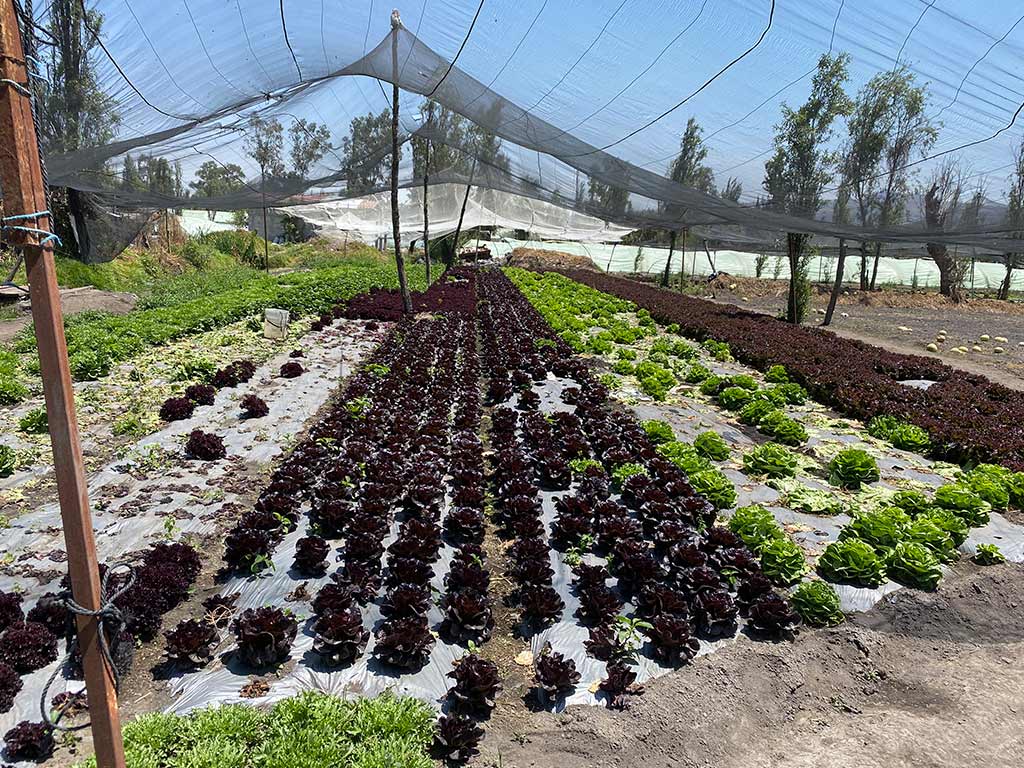
Likewise, we seek to increase the number of people participating in these activities and improve production, while at the same time, we seek to replace the lack of technology on the farms, promoting greater employment of migrant labor.
"This improves the migrants' income and makes their social integration easier. They feel useful by getting a job that also preserves their traditions and culture," concludes Dr. Rivas.
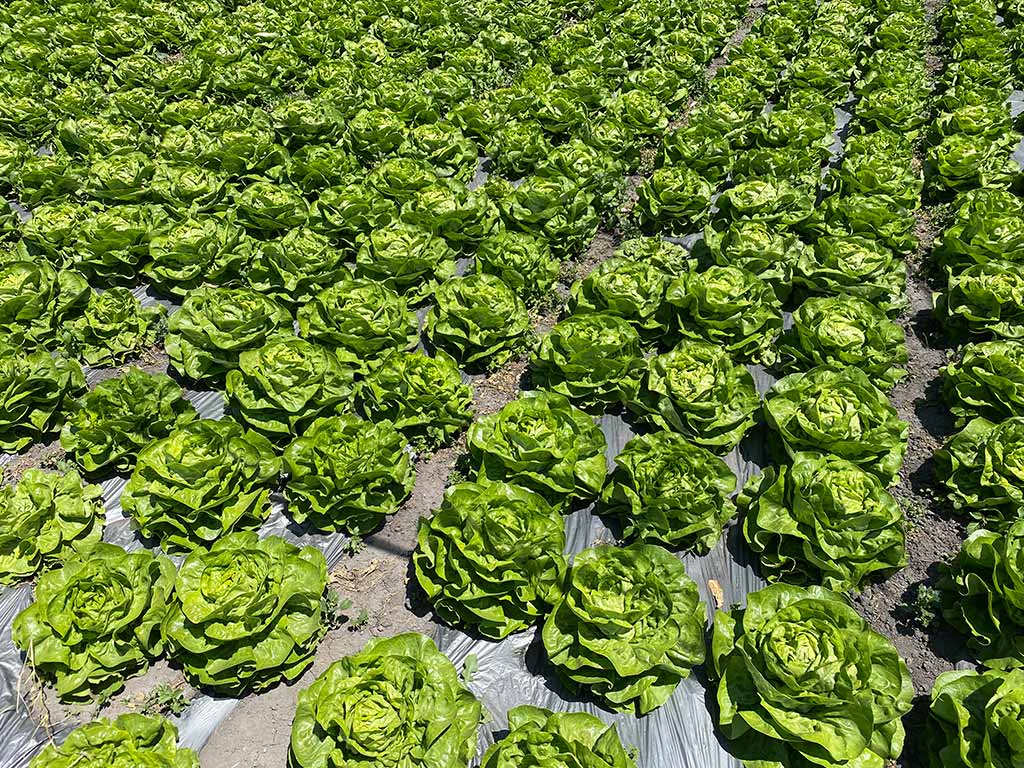
Researcher's data
Dr. Salvador Rivas Aceves
Research professor at the School of Economics and Business Administration, Universidad Panamericana campus Mexico.



